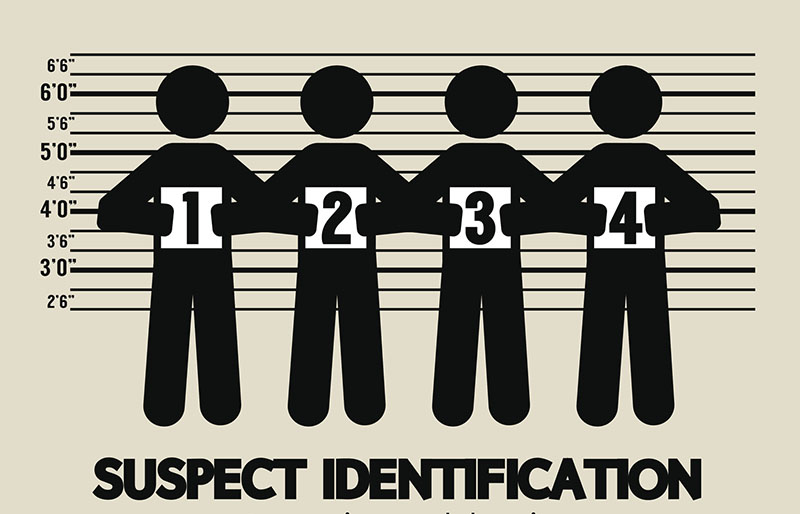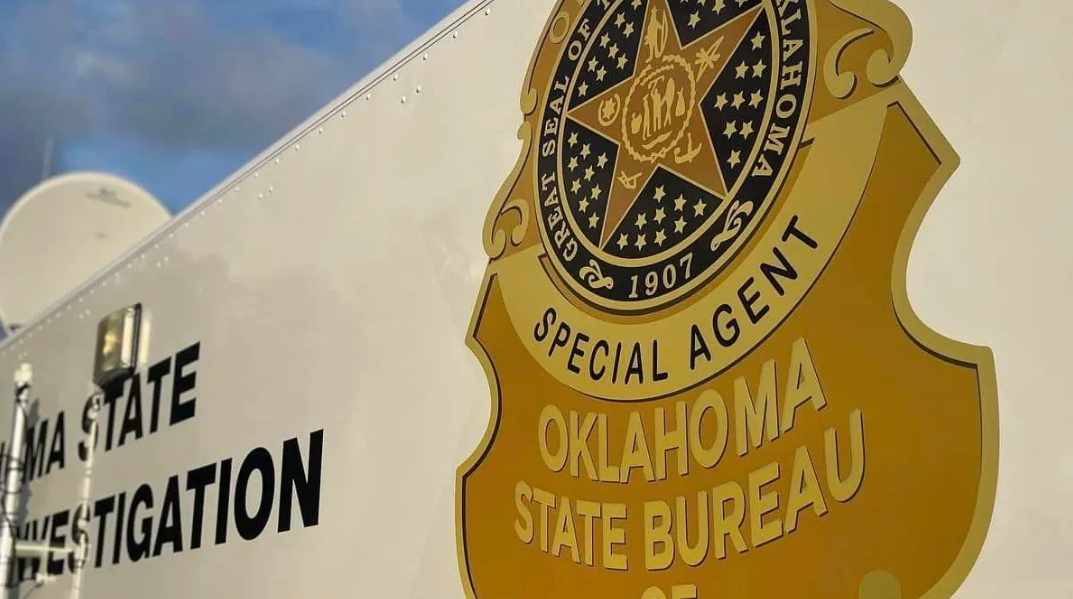Misidentifications have contributed to the wrongful conviction of more than 75% of the 213 people (as of February, 2008) exonerated through post-conviction DNA testing in the United States. The single largest cause of wrongful conviction, misidentifications plague our criminal justice system from the investigative stage through final disposition.
The Innocence Project closely tracks all eyewitness identification studies, in an effort to help jurisdictions understand how such misidentifications happen – and as importantly, what can prevent them from happening. This Resource Guide synthesizes the most important information for those considering how to improve the accuracy of eyewitness identifications.
Mindful of the different political landscapes of each state, this Guide attempts only to provide its readers with uncontested scientific research, grounded in years of examination and endorsed by a wide range of justice and law enforcement organizations, such as the National Institute of Justice and the International Association of Chiefs of Police.
The average citizen might assume that eyewitness identifications are typically accurate, and that DNA exonerations are anomalous flukes. Surprisingly, however, studies show that the rate at which eyewitnesses select non-suspect from photo and live lineup members during the course of an identification procedure hovers around 20%. Of the 213 post-conviction exonerations proven through DNA testing to date, over 75% included at least one misidentification. These facts demonstrate that misidentifications are not irregularities, but rather common occurrences in the course of criminal investigations.
Misidentifications not only harm the innocent, but damage the ability of law enforcement to properly investigate crime. Inaccurate eyewitness identifications can “burn witnesses” and otherwise confound investigations from the earliest stages. Time is a critical factor in a successful criminal investigation; when a misidentification distracts police from the real perpetrator, the potential for justice diminishes, while the threat to public safety increases.











